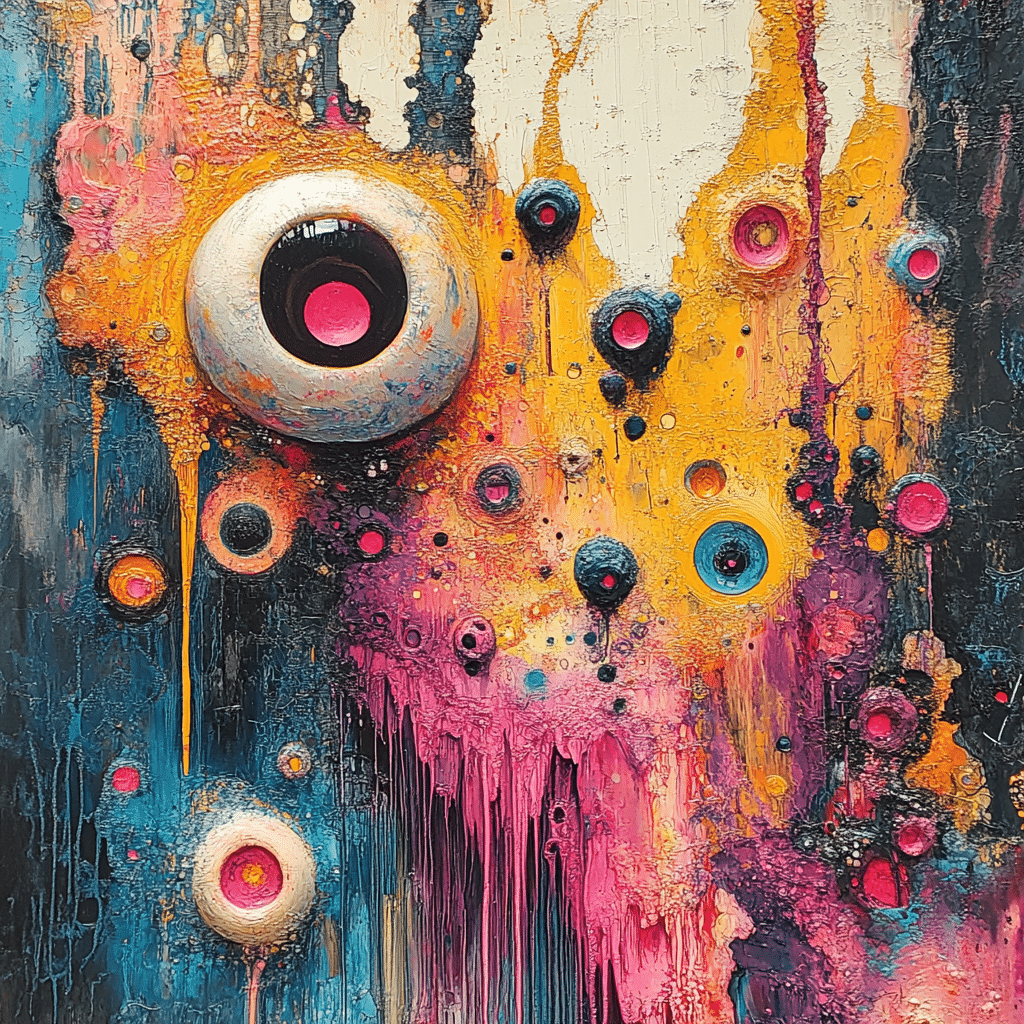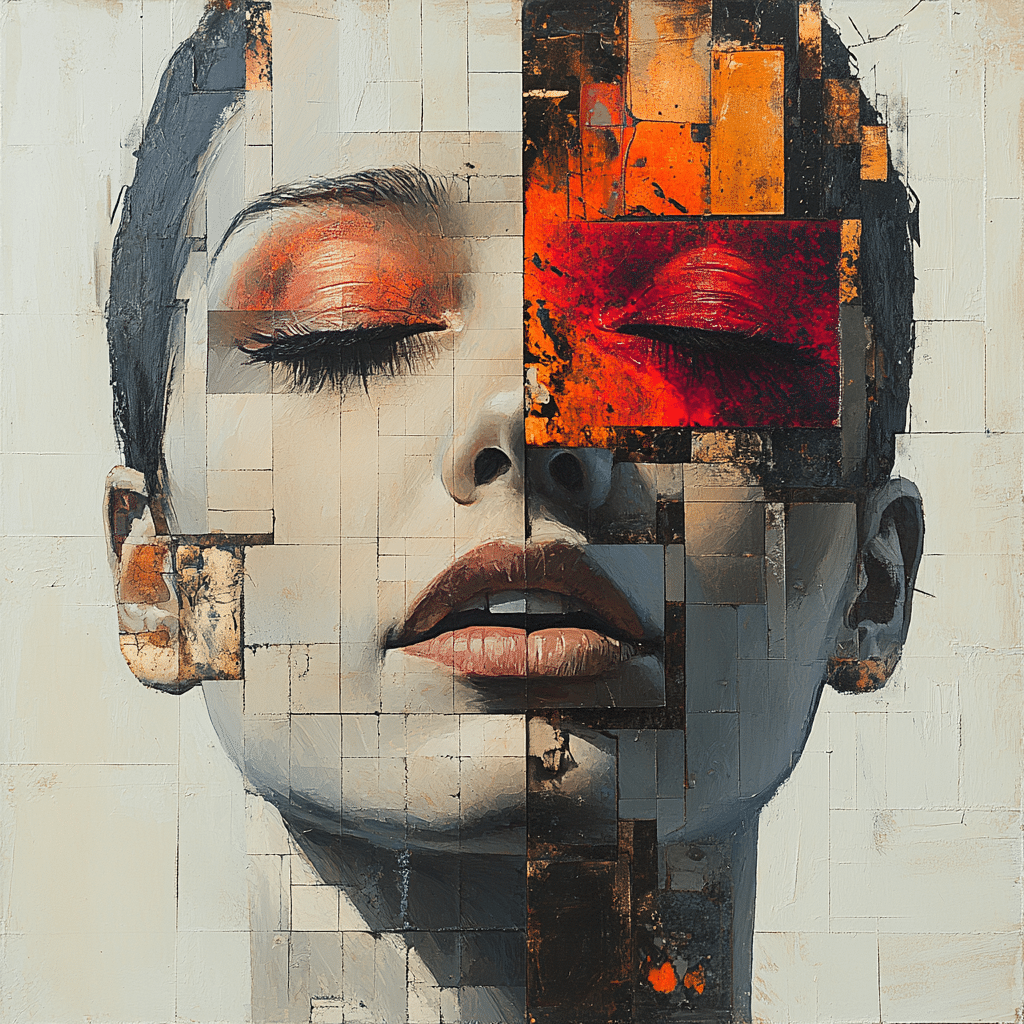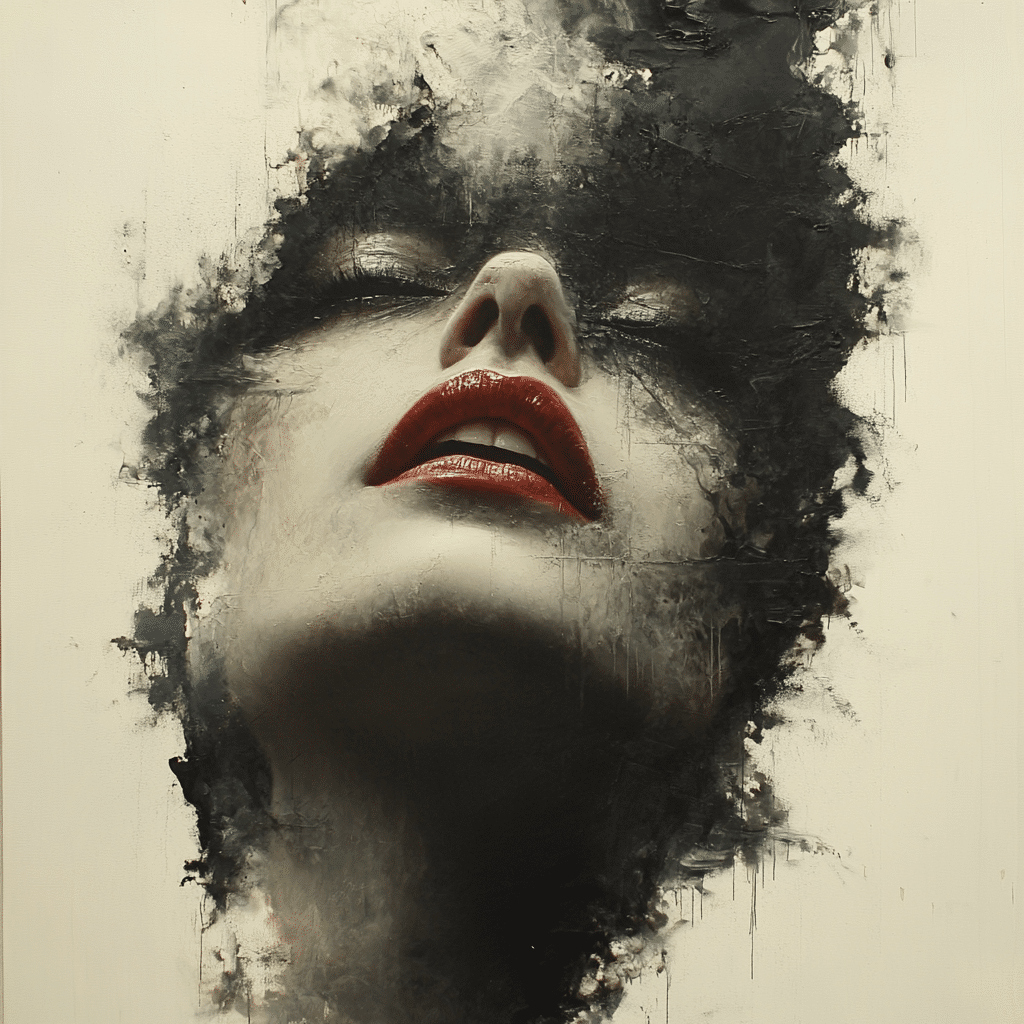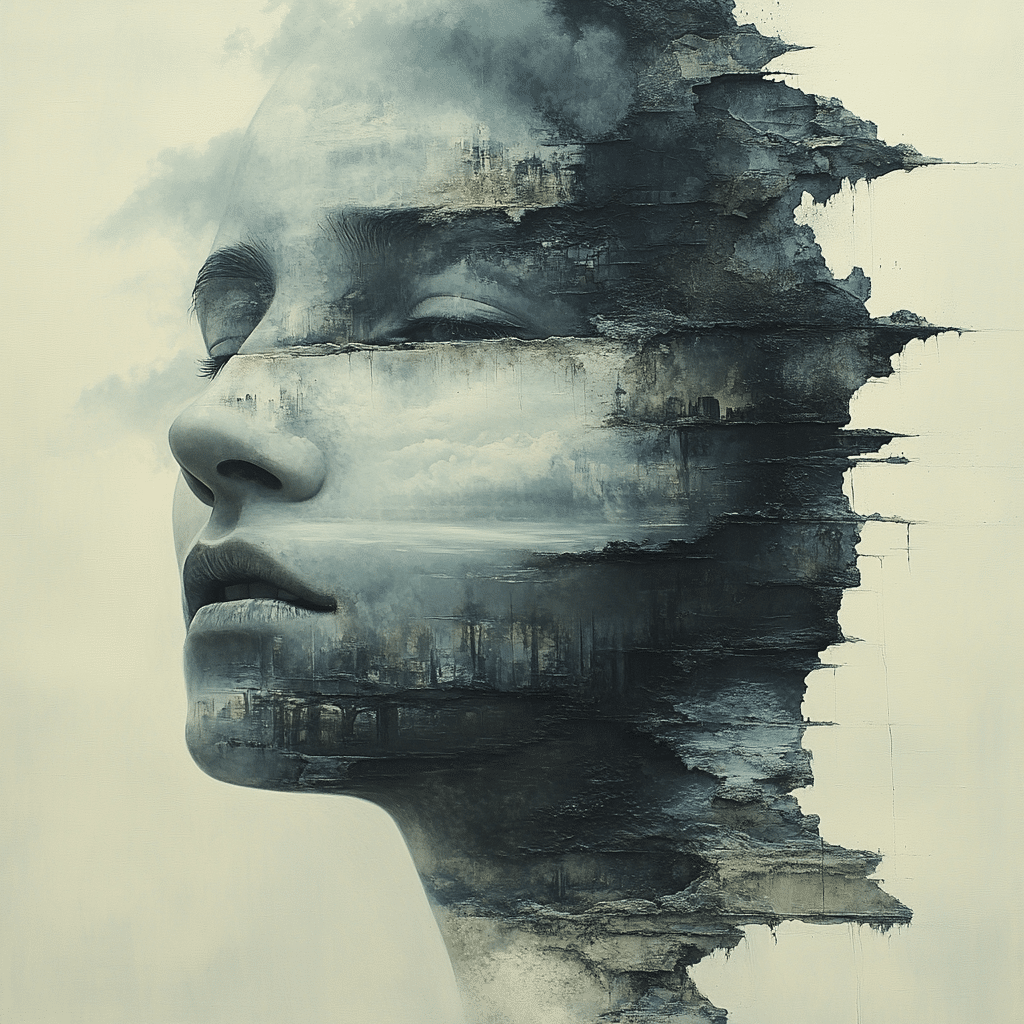
Altered State Of Consciousness And Its Impact On You
Altered states of consciousness (ASC) are fascinating territories of the human mind. They can come about through various means, whether by meditation, recreational substances, physical exertion, or even cultural practices. Understanding these altered states helps shed light on how we experience life and process emotions. Different practices bring different benefits, ranging from profound insights during meditation to exhilarating experiences during extreme sports. Today’s exploration dives deep into the top types of altered states and their relevance in everyday life, culture, and mental health.
Top 7 Types of Altered States and Their Real-World Applications
Altered states have found applications across various fields, from mental health therapy to enhancing creativity. Here are seven notable types that stand out.
There’s no denying the impact of regular meditation on overall well-being. Techniques such as Transcendental Meditation can reduce anxiety and improve emotional stability. Programs like Mindfulness-Based Stress Reduction, initiated by Dr. Jon Kabat-Zinn, have gained traction for their effectiveness in helping patients manage chronic pain and anxiety. These practices create a soothing altered state that many individuals find invaluable.
The rise of psychedelic therapy heralds a new age of mental health treatment. Organizations like MAPS (Multidisciplinary Association for Psychedelic Studies) have led significant studies on substances like MDMA and psilocybin, showing their potential in treating PTSD and depression. A standout example is the research at Johns Hopkins University, where psilocybin-assisted therapy provided immense comfort to terminally ill patients. These findings signify a big shift in how we view both drugs and mental health.
Lucid dreaming opens doors to incredible experiences while we sleep. When you’re aware that you’re dreaming, you can manipulate that dreamscape. Research by Dr. Stephen LaBerge has bolstered techniques to increase lucidity in dreams. Many enthusiasts report tapping into creativity and solving real-life problems while in this altered state, showcasing how it can benefit daily life.
Hypnotherapy is making strides as a validated treatment for issues like pain management and phobias. Organizations like the Hypnosis Motivation Institute offer structured programs, guiding individuals into these useful altered states. According to a study in the American Journal of Clinical Hypnosis, significant success has been observed in chronic pain treatment through hypnosis, marking a noteworthy advancement in therapeutic techniques.
Ever tried floating in a sensory deprivation tank? Research from the University of REST shows that isolating oneself can induce relaxation and spike creativity. Companies like Float Seattle provide an immersive experience, and countless individuals report profound clarity and reduced anxiety following a session. The connection between isolation and the refreshment of mind is stronger than one might think.
Endurance sports like ultra-marathons are not just physically taxing; they’re gateways to transcendent experiences. Athletes frequently describe moments of heightened awareness during grueling activities, tapping into reservoirs of strength they didn’t know existed. Studies from the Journal of Sport and Exercise Psychology back up these findings, revealing how the mind operates differently under extreme physical demands.
Music is more than just sound; it can lead to profound altered states of consciousness. Techniques such as shamanic drumming engage listeners deeply, promoting relaxation and creativity. Brands like Brainwave Entertainment have crafted immersive soundscapes that help elevate mood and cognitive function, proving the undeniable link between music and mental states.

The Science of Altered States: What’s Happening in the Brain?
Diving into the science behind these altered states reveals fascinating workings within our brain. Neuroimaging technologies like functional Magnetic Resonance Imaging (fMRI) and Electroencephalography (EEG) have illuminated how ASCs alter brain activities. For example, during meditation, the brain’s default mode network, which relates to self-reflective thoughts, shows decreased activity. This reduction often corresponds with feelings of relaxation and decreased anxiety.
Studies highlight that ASCs involve the release of neurotransmitters like dopamine and serotonin, indicating that the brain processes emotions in distinct ways during these states. Dr. Richard Davidson’s research at the Center for Healthy Minds provides insights into neuroplasticity linked to mindfulness practices, illustrating how the mind evolves and promotes resilience. Understanding these brain changes offers captivating perspectives on enhancing emotional health and addressing challenges.
Altered States in Culture: Rituals and Traditional Practices
Different cultures have long recognized the power of altered states in spiritual and communal practices. For instance, many indigenous tribes in the Amazon use hallucinogenic plants such as ayahuasca, not just as a guide to self-discovery but also for fostering deeper communal bonds. Documentaries like The Last Shaman capture these transformative experiences, opening up conversations about the connection between individual consciousness and community well-being.
Asian cultures emphasize practices like chanting and mantra recitation in Buddhism, which helps transcend ordinary thought. This creates states of meditation that cultivate enlightenment and emotional balance. Anthropology highlights these practices, revealing their significance not just for individual insight but for bolstering mental health and cohesion within communities.

Embracing Altered States: Practical Applications for Everyday Life
The benefits of altered states aren’t limited to therapy or tradition; they can be integrated into our daily routines to boost creativity, emotional health, and problem-solving abilities. Techniques like structured breathwork focus on intentional patterns, often inducing spontaneous altered states with benefits like reduced anxiety and improved concentration. Brands such as Breathwrk are paving the way for easily accessible techniques.
Digital detoxes have gained popularity as people strive to reconnect with their surroundings. Individuals report feeling increased creativity and clarity of thought after spending time in nature, evidencing the correlation between environment and consciousness. By immersing ourselves in the natural world, we may just tap into altered states that elevate our everyday lives.
Nurturing Your Altered State: The Future of Consciousness Exploration
As we step forward, the investigation into altered states of consciousness continues to gain momentum, driven by both scientific advancements and a growing acceptance of holistic practices. Societal attitudes toward substances that were once stigmatized are evolving, leading to new understandings of their potential for mental health. There’s a profound opportunity for personal growth and insight in these practices, and as we embrace new narratives around altered states, we shape the future of consciousness exploration.
In summary, altered states offer significant prospects for personal improvement and collective understanding. By raising awareness of these experiences, individuals can tap into inner resources that have the potential to transform mental well-being. With more people ready to explore the multifaceted dimensions of altered states, we stand ready to uncover new pathways to health and creativity.
Discover more insights about beautiful black women on Loaded and explore different perspectives on popular culture, including the latest updates on Season 4 of The Chosen here. Don’t forget to check out the cinematic experiences related to the film Sick Movie* here, and engage with new stories like those from Glenn Plummer here and Elliot Kingsley here!*
In conclusion, embracing altered states is an opportunity for exploration and growth, whether through meditation, music, sports, or cultural practices. Altered states are not just a curiosity; they are vital experiences that can shape a person’s life in profound ways.
Altered States: Fun Facts and Trivia About Altered States of Consciousness
What’s an Altered State Anyway?
We all experience altered states, whether through waking dreams, intense meditation, or even during those late-night movie binges where reality just seems a bit fuzzy. Interestingly, researchers have found that these states can evoke deep emotional responses. For instance, some people report feeling an overwhelming sense of connection or loss during such moments, which may resonate with experiences like those detailed in a care package For someone who lost a baby. It’s fascinating how such profound feelings can emerge from changes in consciousness, don’t you think?
Altered States in Pop Culture
Ever noticed how altered states pop up in films and TV shows, too? They serve as a narrative device that helps to explore characters’ inner struggles or highlight their unique experiences. One notable example is the music documentary TV Eye, which dives into the psychedelic shift of the ’70s and how it impacted viewers’ perspectives. With funky visuals and unforgettable storytelling, it’s a testament to how altered states can affect both creators and audiences alike. And let’s not forget, altered states have even inspired discussions about body positivity, leading to events like National no bra Day. There’s something empowering about shedding layers, both literally and figuratively, which aligns with the idea of accessing deeper consciousness.
Trippy Trends and Historical Insights
Did you know that altered states have long been part of human practices? From ancient shamanic rituals to modern-day mindfulness, people have sought these experiences for enlightenment, healing, or simply a change in perspective. It’s truly remarkable how different cultures have embraced these transformative experiences. There’s a collective understanding that altered states can open doors to creativity and innovation, pushing boundaries in art, music, and even science. So, next time you catch a film that leaves you feeling a bit different, you might just be tapping into centuries of exploration and expression rooted in altered states!

What is an altered state?
An altered state is when your usual mental state changes due to different factors like trauma, drugs, meditation, or even certain foods that can shift your perception or awareness.
Is Altered State religious?
Altar’d State is faith-based, welcoming everyone regardless of their background or beliefs, so you don’t need to belong to a specific religion to shop or work there.
Who is the owner of Altered State?
The owner of Altar’d State is Aaron Walters, who also serves as its Co-Founder, Chairman, and CEO, leading the company with a focus on its mission.
What does Altar D State support?
Altar’d State supports local charities by donating 10% of net proceeds on Mondays, helping organizations that assist the hungry, veterans, those with low self-esteem, and people in treatment or facing homelessness.
What causes an altered mental state?
An altered mental state can be triggered by various factors including trauma, accidents, the use of drugs, or even certain meditative practices that can change how we sense the world around us.
What is an example of an altered mental state?
An example of an altered mental state might be a dream, where you’re aware but not in your usual state of consciousness, or being high on a substance that affects your thoughts and perceptions.
Why is it called altered state?
It’s called an altered state because it indicates a change from the normal or baseline condition of the mind, whether through natural means or external influences.
What is the most religious state?
There’s no single “most religious state” in the U.S., as beliefs vary widely, but some studies show states like Utah and Alabama have higher rates of religious affiliation.
Is there an atheist state?
While there isn’t a specific state that’s labeled as “atheist,” places like Vermont and Washington often report lower levels of religious belief compared to others.
What drug was used in altered states?
The movie “Altered States” features the use of a hallucinogenic drug, which plays a key role in the main character’s adventures in exploring altered states of consciousness.
What happens at the end of Altered States?
At the end of “Altered States,” the protagonist encounters a transformative experience where he learns about his own nature and existence, leading to a mind-bending resolution.
What is the old movie about the sensory deprivation tank?
The old movie about the sensory deprivation tank is “Altered States,” which explores a man’s experiences during his intense experiments with sensory deprivation and hallucinogens.
Is Altar D state mormon?
No, Altar’d State is not specifically Mormon; it is a faith-based company that’s inclusive of all beliefs and backgrounds.
Who is Altar D State’s target audience?
Altar’d State primarily targets young adults who value fashion with a purpose and have an interest in supporting charitable causes through their purchases.
What is the slogan of Alterd State?
Altar’d State’s slogan is “Stand Out. For Good.”, highlighting its mission of making a positive impact through its business practices.
What can be included as an altered state?
An altered state can include various experiences like deep meditation, dreaming, intoxication from drugs or alcohol, or even intense sensory deprivation.
What are the 4 altered states of consciousness?
The four common altered states of consciousness are dreaming, meditation, drug-induced states, and hypnosis, each offering unique shifts in perception and awareness.
What happens when you go into an altered state of consciousness?
When you go into an altered state of consciousness, you often experience changes in perception, emotion, and cognition, which can lead to profound insights or disconnection from reality.
How do you know if you are in an altered state of consciousness?
You might know you’re in an altered state of consciousness if you feel detached from your surroundings, have altered perceptions of time and space, or experience shifts in your thoughts or emotions.












